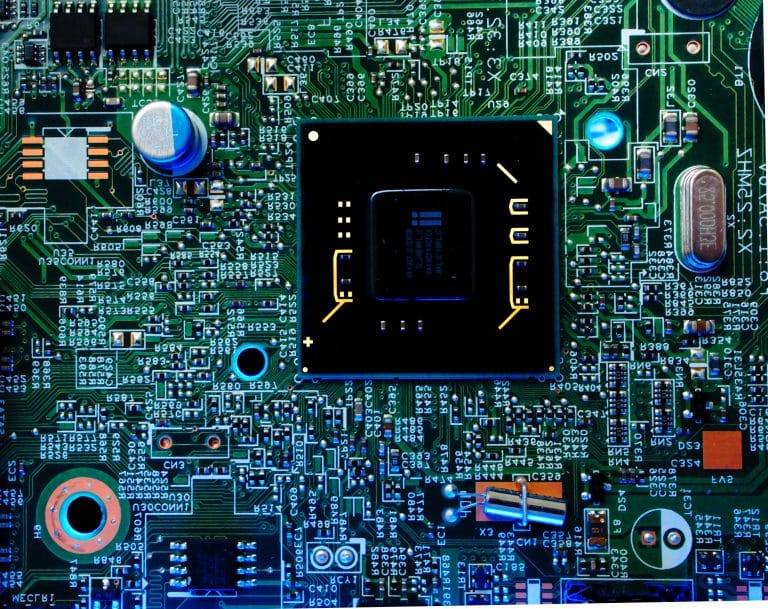Qualcomm intends to compete with Apple with its next-generation semiconductors, which will be released in 2023. Furthermore, the chipmaker is counting on a group of former Apple developers to develop new chips for Windows PCs that may deliver performance comparable to that of M-series processors.
Chipmaker Qualcomm has been attempting to catch up with Apple’s A-series Bionic processors for several years, yet benchmarks have revealed that there is still a significant gap between the two companies products. As a result, Qualcomm is working on developing ARM-based chips that will compete with Apple M-series CPUs for use in Windows laptops.
Interestingly, Qualcomm will employ Nuvia, a firm that specialises in semiconductor design that it just bought, to build a solution for Windows.
The announcement was made at the Qualcomm Investor Day 2021 event, where it was verified. According to Dr James Thompson, the company’s Chief Technology Officer, new ARM-based processors for the Windows environment would be ready for OEMs roughly nine months before the chips go on sale in the commercial market in 2023.
Three former Apple engineers who worked on the company’s Bionic mobile chipsets that power iPhones and iPads were among the Nuvia employees who were bought by Qualcomm earlier this year for $1.4 billion as part of the deal.
When Qualcomm CEO Cristiano Amon stated that the dominant mobile chipmaker wants to make an impact in the consumer PC arena with its processors in July of this year, it was seen as a serious indication.
While it is possible that the Qualcomm ARM-based processors will take some time to launch and then be examined by specialists to determine how fast or equal they are to the Apple M1 chips, this is not a given. However, the chipmaker certainly understands how to grab the public’s attention with assertions that it will apply its 5G capabilities to laptop processors. The fact that Apple has not yet included LTE or 5G connectivity to any of its M-series chipsets is worth mentioning.
The company should also keep in mind that by 2023, Apple may have advanced from its M1 processor to its successor, the M2, which we may see powering the MacBook Air, which is expected to appear in 2022.
To summarise, Qualcomm is gearing up for a lengthy battle, and it appears to have assembled the appropriate team to take the fight to its adversary. However, only time will tell whether Qualcomm is able to deliver on its promises.

